More than £200 billion of UK energy investments, including low-carbon solutions, are “at risk” due to the windfall tax, North Sea trade body Offshore Energies UK (OEUK) has warned.
At an industry event in St Andrews, OEUK chief executive Deirdre Michie hit out at “flip flopping” policies from the UK Government in recent months.
The onus is now on Westminster to restore confidence, she added.
Ms Michie took aim at the chancellor’s 10% increase in the windfall tax, or Energy Profits Levy (EPL), in his Autumn Statement last week, raising the headline rate to 75%.
She also called for a regime which is “fit for purpose” to protect projects.
The UK’s offshore industry will be hit hard by the chancellor’s latest tax changes, which threaten to drive out investors, drive up imports and leave consumers increasingly exposed to global shortages. Read more on our reaction to today's budget 👇https://t.co/vCXNdOwt1Y
— Offshore Energies UK (@OEUK_) November 17, 2022
EPL impacts developments which support energy security, with oil and gas still accounting for three-quarters of UK energy needs, and hampers efforts to achieve net-zero goals, she said.
She added: “Our sector, we know, has the skills, the technology and the ambition to drive the energy transition.
“Indeed, our industry was planning to invest… £200bn in the broader energy sector, including low-carbon solutions by 2030, thereby helping to ensure the UK can meet its net-zero and climate goals.
The onus is now on government to build back investor confidence.”
Deirdre Michie, chief executive, OEUK.
“Tax changes such as the one announced on Thursday really do put this at risk.
“The onus is now on government to build back investor confidence if we are to sustain these opportunities moving forward.
“We continue to call on government to work closely with the sector to mitigate any short-term unintended consequences of the tax hike.
“And we’re also reinforcing the need to create a long-term tax regime which is fit for purpose, that will protect investment in vital oil and gas projects, and simultaneously help to unlock the energy transition.”
Shell reviewing its investments
Ms Michie’s speech at the 2022 Offshore Decommissioning Conference coincided with Shell revealing it is reviewing planned investments in the energy sector totalling £25bn over the next decade, following the windfall tax announcement.
Shell UK country manager David Bunch has called for a “price backstop” to be imposed.
It would see the windfall tax turned off if oil and gas prices drop.
When the levy was introduced in May, Rishi Sunak, the then chancellor and current prime minister, pledged to halt the tax if prices dropped.
The new chancellor, Jeremy Hunt, intends to keep it in place regardless.
Are Harbour Energy’s spending plans also in danger?
Harbour Energy, the North Sea’s largest producer, has also voiced concern about the levy remaining in place to March 2028, even if prices fall.
The company is investing in two major carbon capture and storage (CCS) projects in the UK: Acorn in Aberdeenshire and Viking Energy in the Humber region.
Earlier this month, in the lead up to the tax announcement, Harbour CEO Linda Cook said: “At a time when oil and gas producers are being asked to invest more to help ensure the UK’s energy security and are considering longer term, material investments in CCS, additional taxes would run the risk of undermining our ability to do either.”
What does it mean for the decommissioning sector?
For the decommissioning sector, Ms Michie said there are two ways it will be impacted by the tax – neither of them positive.
She added: “There are two possible scenarios ahead. For some companies the EPL may mean projects become economic more quickly, resulting in cessation of production being brought forward, meaning decom activity happening sooner.
“On the other hand, it might mean a reprioritisation of spend where operators push back their decommissioning activity and prioritise their reduced capital on existing projects instead.
“Two different tales, neither of which are particularly good for the basin as a whole.”




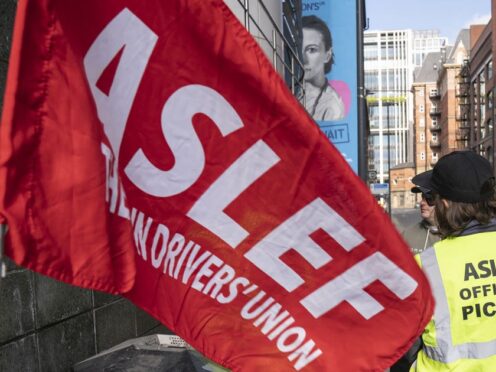

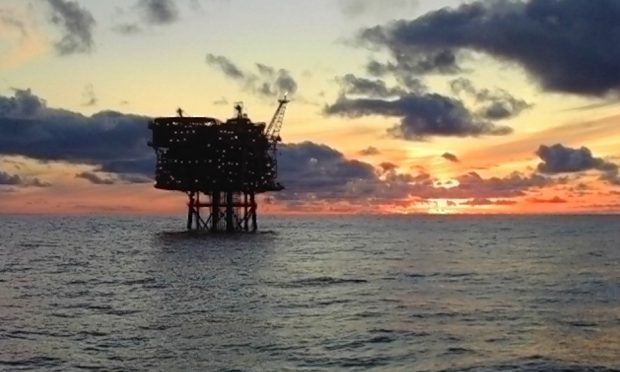

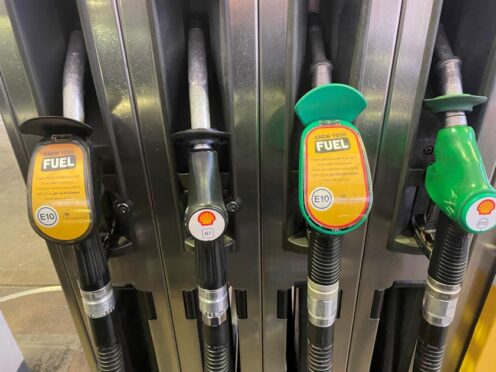
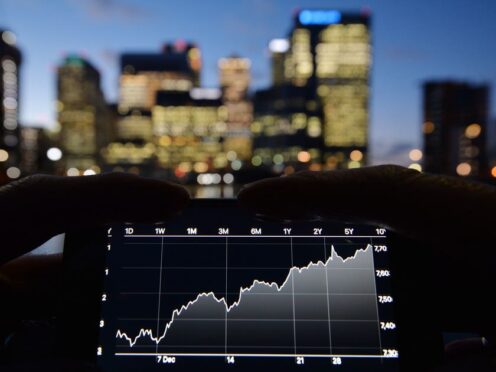
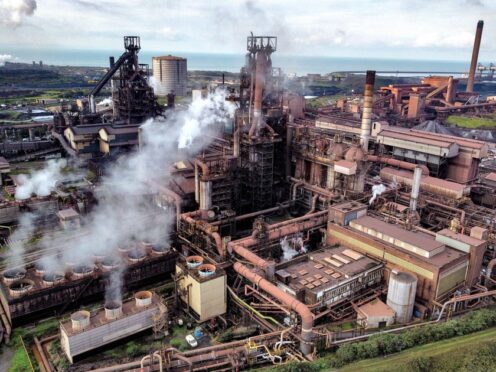
Conversation